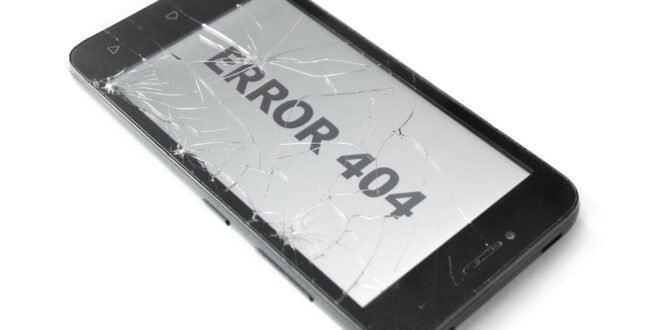Published with permission from Vero Insurance New Zealand.
Insurance fraud is a crime everyone pays for. Insurers need to ensure the cost of insurance premiums cover the cost of claims. When people make fraudulent claims, the cost of everyone’s premium rises – including honest policyholders.
What is insurance fraud?
Insurance fraud is anything you do to deceive your insurer. It can be small – like adding an extra item to a claim. Or something bigger – like fabricating a claim, like a car theft, which never happened.
The different types of insurance fraud are:
- False statements to support your claim
- Adding false items which were not affected by your claim
- Fabricating a situation or staging a claimable event
- Claiming the same item multiple times
- Not telling your insurer material information. This can be things like you have previously had criminal convictions or declined claims, or providing misleading information about the things you’re insuring.
- Making a claim for something that happened before you purchased your policy
No matter how big or small it seems, there are always serious consequences for fraudulent claims.
Consequences of insurance fraud
If you’ve committed insurance fraud, you will find your claims could be declined and policies cancelled – you could even receive a criminal conviction.
If you’ve had a claim declined due to fraud, you could find it difficult to get insurance cover in the future. Most insurers record claims in the Insurance Claims Register, so almost all New Zealand insurers can identify people with declined claims when they’re approached for cover.
People who have committed fraud can not only find it difficult to get insurance, but they may also have difficulty taking out a mortgage or obtaining vehicle finance.
How to prevent insurance fraud
There are a couple of things you can do to prevent insurance fraud affecting you and other New Zealanders.
- Read your policy terms and conditions carefully
Make sure you check your insurance terms and conditions that apply to your policy. This way you can be sure you’ve met your obligations before you’re put in a situation where you need to make a claim. For example, it’s important you comply with your insurers requests and disclose any material information you’re ask for. You can also check the Fair Insurance Code, which has information about what responsibilities you and your insurer have.
- Honesty is the best policy
We all embellish a story from time to time – exaggerating the size of your latest catch is pretty harmless, but when making a claim or taking out a policy with your insurer, you need to be honest.
- Look out for others
If you know of an individual who has, or is thinking of committing insurance fraud, you could let them know of the serious consequences to them, as listed above.
- Ask for advice
If you need to make a claim but you’re not sure about your policy cover, obligations or the other details in making a claim, you can ask for advice. Otherwise you can talk to your broker or adviser about your policy obligations and making a claim.
Reporting insurance fraud
If you’re aware of someone committing insurance fraud, we encourage you to report it. If you’re not sure who they’re insured with, you can make a confidential report through the Insurance Council of New Zealand.










Join the Discussion
Type out your comment here:
You must be logged in to post a comment.